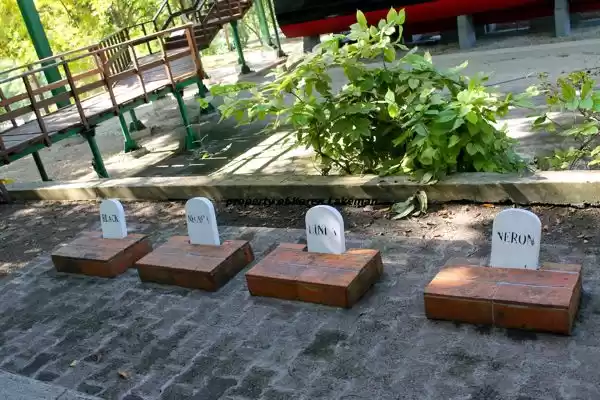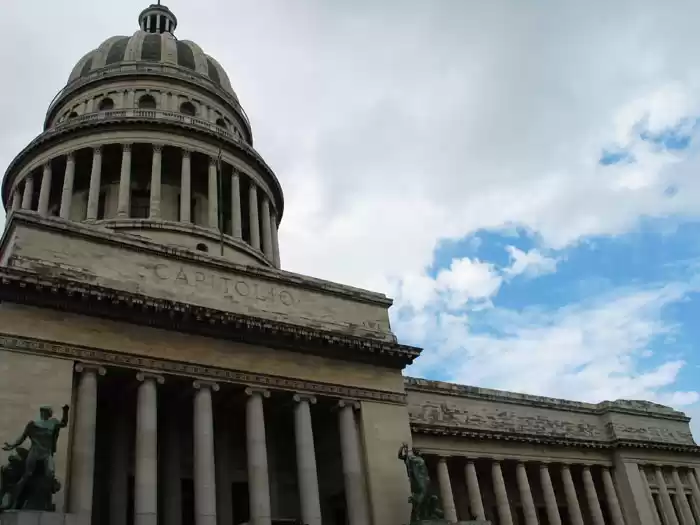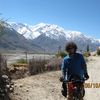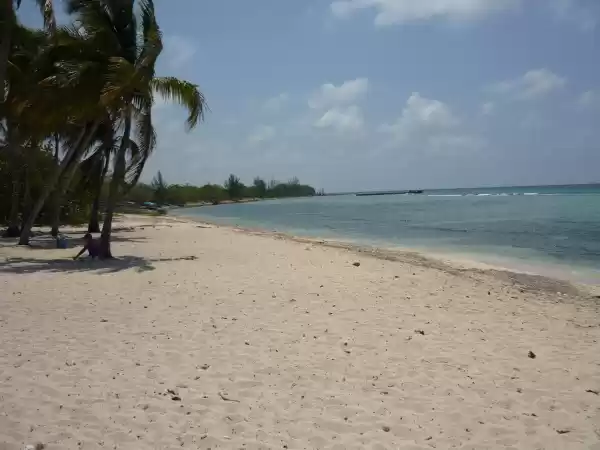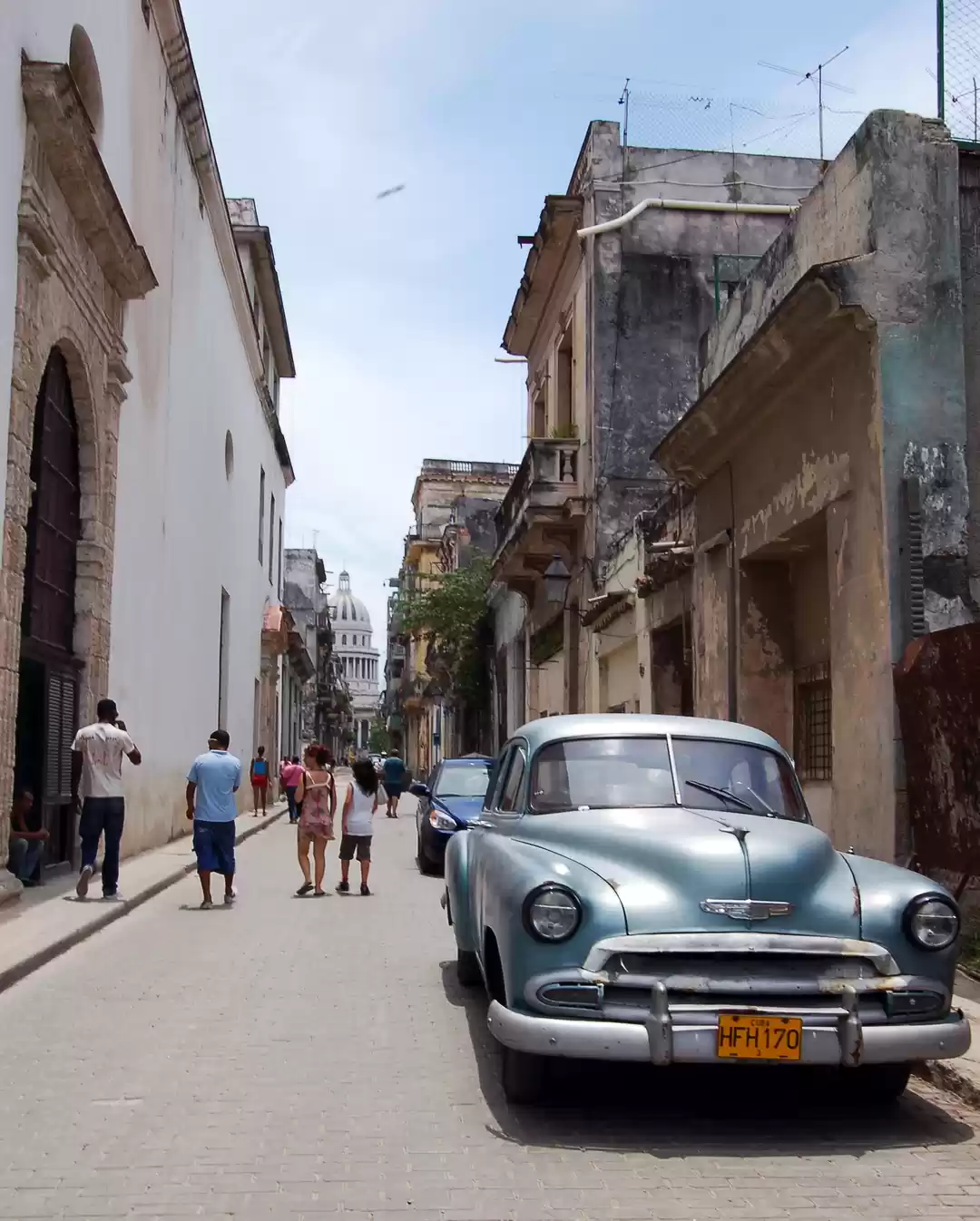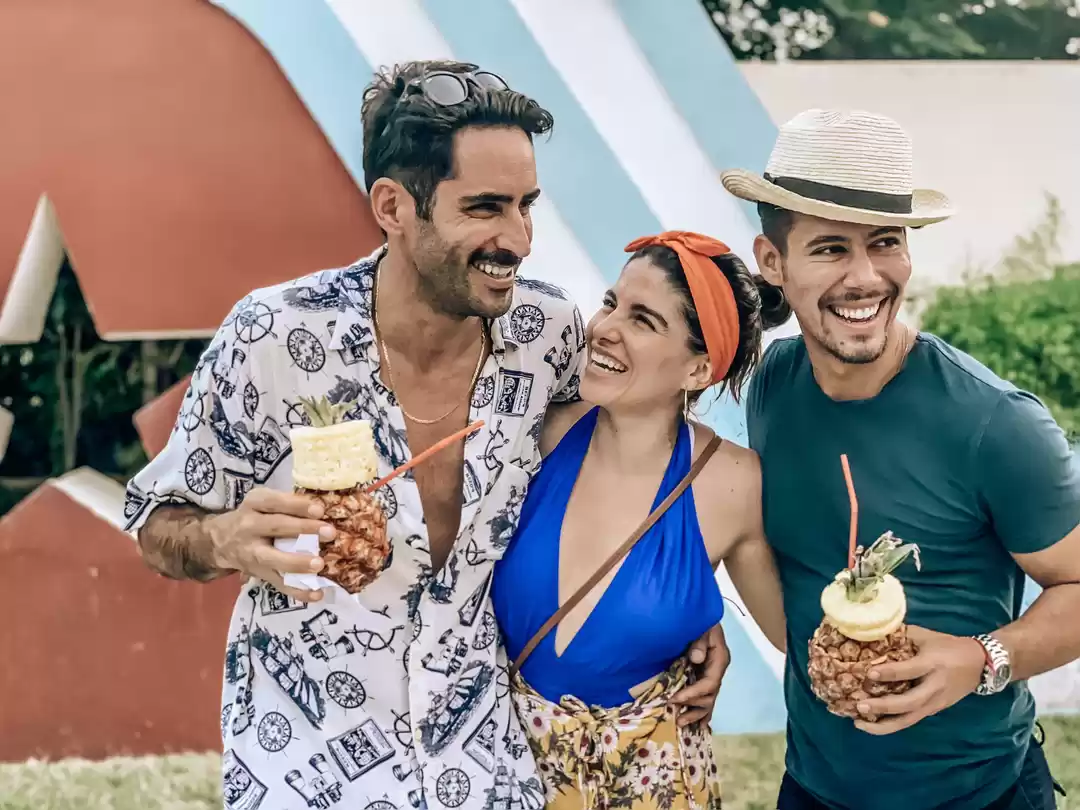Cuba Tourism and Travel Guide
Cuba, officially the Republic of Cuba (Spanish: República de Cuba ), is a country comprising the islands of Cuba, Isla de la Juventud and several archipelagos in the Caribbean Sea. The capital and largest city Havana is 365 km (227 mi) from Miami, Florida, and geographically it is considered part of North America. Culturally, Cuba is considered part of Latin America.Prior to Spanish colonization in the late 15th century, Cuba was inhabited by Amerindian tribes. It remained a colony of Spain until the Spanish–American War of 1898, which led to nominal independence as a de facto U.S. protectorate in 1902. As a fragile republic, Cuba attempted to strengthen its democratic system, but mounting political radicalization and social strife culminated in the dictatorship of Fulgencio Batista in 1952. Further unrest and instability led to Batista's ousting in January 1959 by the July 26 movement, which afterwards established a government under the leadership of Fidel Castro. Since 1965, the country has been governed by the Communist Party of Cuba.Cuba is the largest island in the Caribbean, and the second-most populous after Hispaniola, with over 11 million inhabitants. It is a multiethnic country whose people, culture and customs derive from diverse origins, including the aboriginal Taíno and Ciboney peoples, the long period of Spanish colonialism, the introduction of African slaves, and a close relationship with the Soviet Union in the Cold War.Although it fares poorly in metrics of political and economic freedom, Cuba is ranked very high in human development by the United Nations, and performs well in health and education. In 2015, it became the first country to eradicate mother-to-child transmission of HIV and syphilis, a milestone hailed by the World Health Organization as 'one of the greatest public health achievements possible'.

